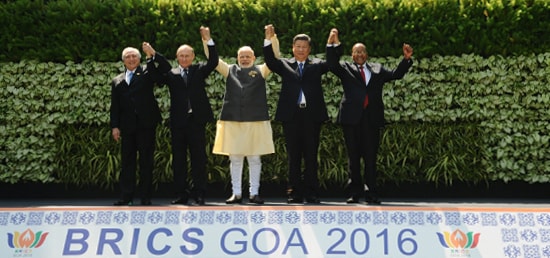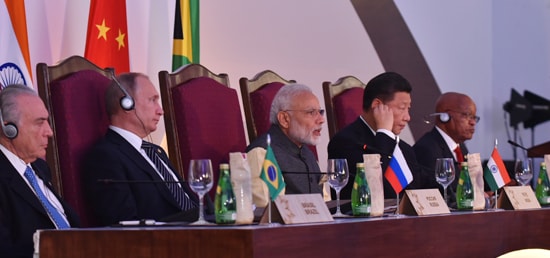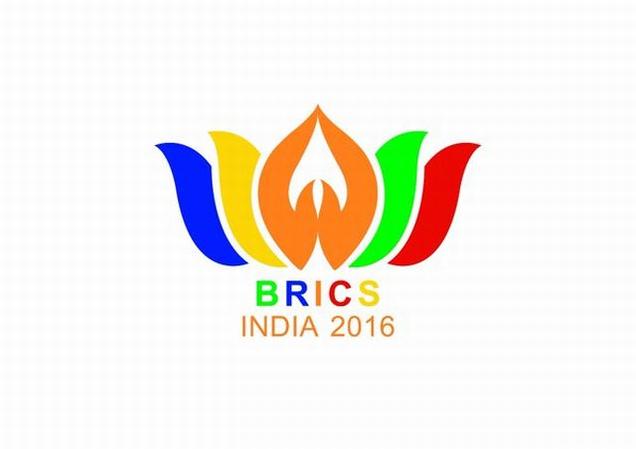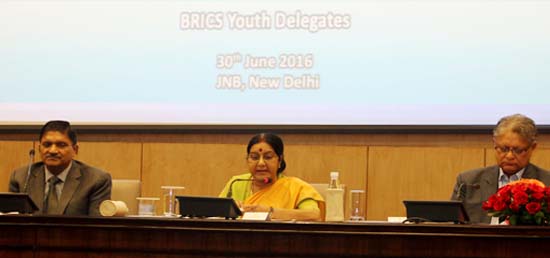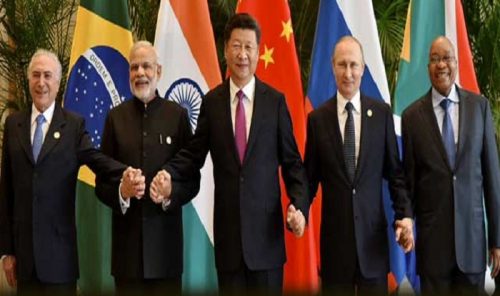
BRICS & BIMSTEC summits: What it means for India’s counter-terrorism diplomacy
Indian diplomacy experienced an inflection point following the terrorist attack on September 18, 2016, at the Army encampment at Uri. Determined to raise costs for Pakistan to counter its strategy of bleeding India by a thousand cuts, the Indian government mounted an international campaign to paint Pakistan as a state-sponsor of global terrorism and to ‘isolate’ the country in the international community.
India made Pakistan’s state-sponsorship of terrorism, without naming it, a key element of its diplomatic agenda for the 8th BRICS summit hosted by it in Goa on October 15-16; the event also coincided with India-Russia and India-Brazil summit meetings. To deny Pakistan the chokehold on regional integration as well as to further ‘isolate’ it in the region, a BRICS’ outreach with the BIMSTEC at the summit level was organised. In all his interactions, Prime Minister Modi made a clear linkage between terrorism and economic prosperity, underlining Pakistan’s official complicity which casts a dark shadow on countries as well as on multilateral efforts to promote socio-economic progress. In his press statement, at the end of the annual India-Russia summit between PM Modi and Russian President Vladimir Putin, he said Russia’s “clear stand on the need to combat terrorism mirrors our own.”
Prime Minister’s remarks on terrorism, at the concluding session of BRICS summit, were aimed at Pakistan when he declared that combating terrorism, “including cross-border terrorism and its supporters”, will be a key BRICS priority. The Goa Declaration, issued by the summit leaders, contains the key elements of India’s counterterrorism narrative but is less direct on the issue of isolation.
The BIMSTEC Outcome Document is even more satisfactory in terms of India’s counter-terrorism diplomacy.
Aiming to impose costs on Pakistan for pursuing its ‘low cost’ strategy, Indian diplomacy has widened the diplomatic and military space, in its bilateral relations with Pakistan, to ratchet up the pressure especially as focused military action to Pakistani terrorist provocations has not been ruled out. Against the backdrop of incandescent international anger against terrorism, Pakistan cannot misread the signals originating from Goa.
